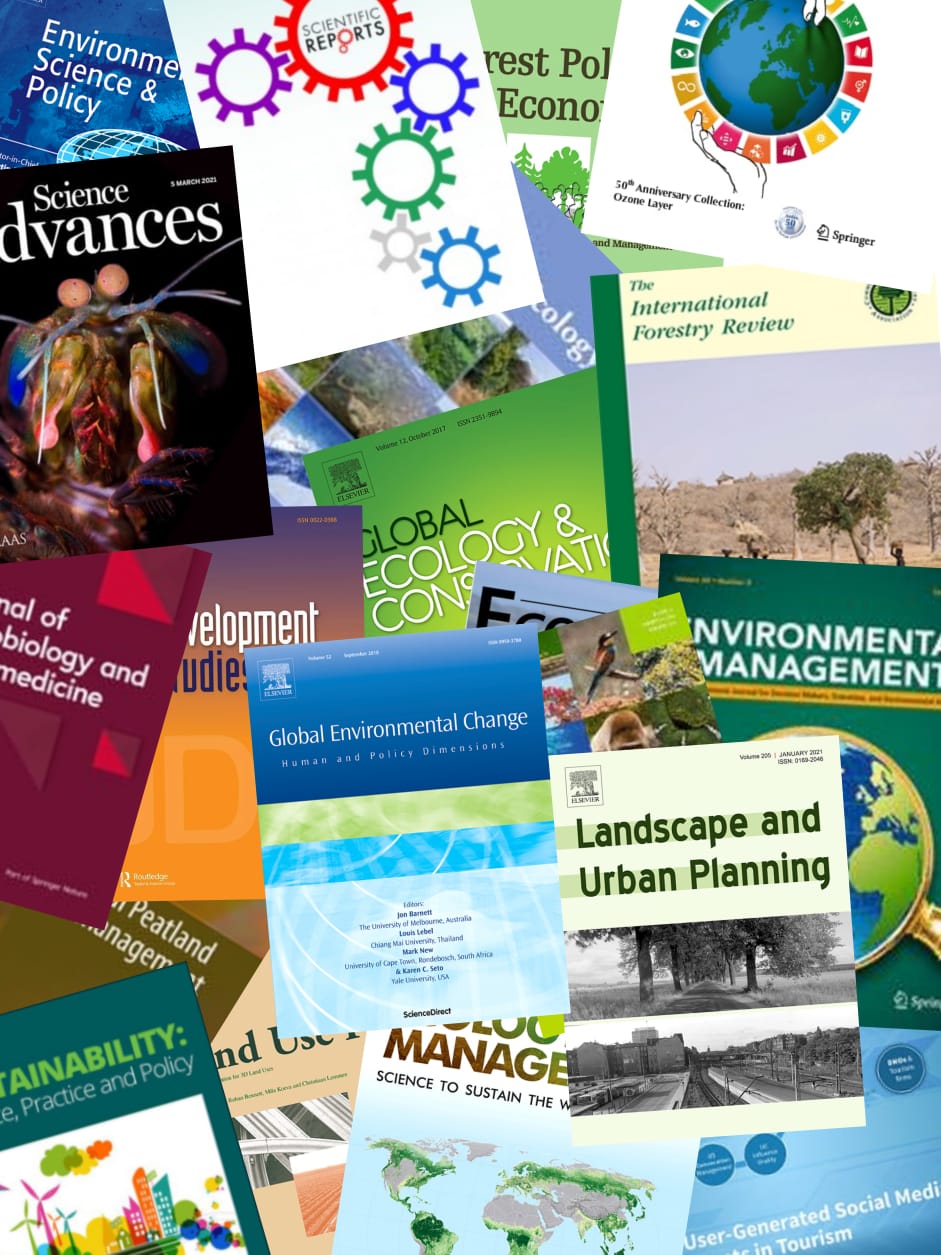Palm oil is used in various valued commodities and is a large global industry worth over US$ 50 billion annually. Oil palms (OP) are grown commercially in Indonesia and Malaysia and other countries within Latin America and Africa. The large-scale land-use change has high ecological, economic, and social impacts. Tropical countries in particular are affected negatively by climate change (CC) which also has a detrimental impact on OP agronomy, whereas the cultivation of OP increases CC. Amelioration of both is required. The reduced ability to grow OP will reduce CC, which may allow more cultivation tending to increase CC, in a decreasing cycle. OP could be increasingly grown in more suitable regions occurring under CC. Enhancing the soil fauna may compensate for the effect of CC on OP agriculture to some extent. The effect of OP cultivation on CC may be reduced by employing reduced emissions from deforestation and forest degradation plans, for example, by avoiding illegal fire land clearing. Other ameliorating methods are reported herein. More research is required involving good management practices that can offset the increases in CC by OP plantations. Overall, OP-growing countries should support the Paris convention on reducing CC as the most feasible scheme for reducing CC. © 2017 The Authors. Ecology and Evolution published by John Wiley & Sons Ltd.
View source

